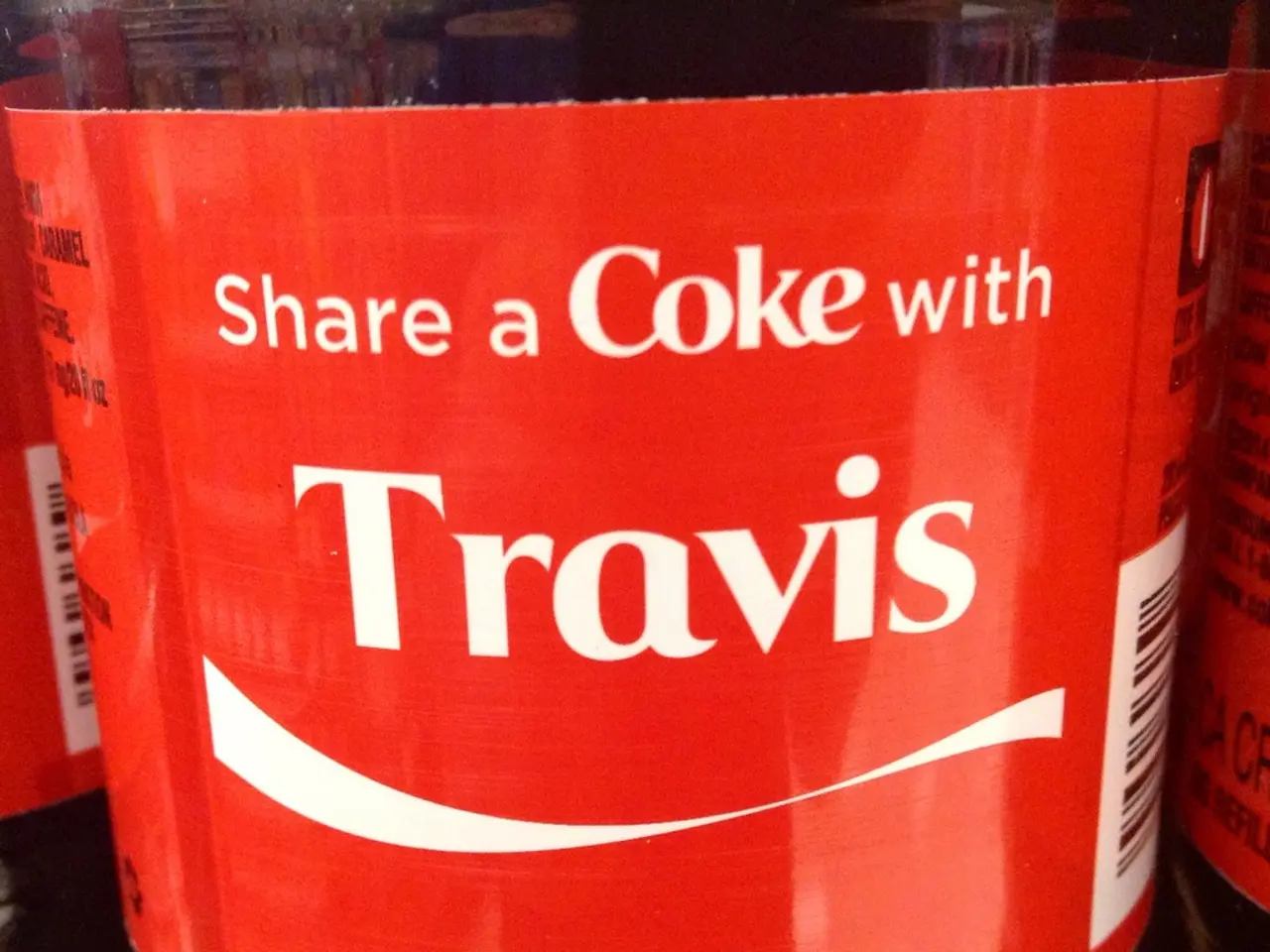Are Mexican drug cartels actually holding the reins of power? Or is it just a popular misconception?
In the final years of the Trump administration, the United States imposed tariffs on goods imported from Canada, Mexico, and China, causing significant disruptions in international trade.
Canada
The Canadian government responded to these tariffs primarily through retaliatory measures, legal challenges at the WTO, promotion of domestic products campaigns, and negotiations aiming to ease trade tensions. Canada imposed counter-tariffs on U.S. products, including some goods covered by the USMCA (United States-Mexico-Canada Agreement), which the U.S. sees as jeopardizing the agreement.
Canada also sought WTO dispute resolution, arguing that Trump's tariffs violate both USMCA and WTO rules. Meanwhile, Canada announced relief measures such as pausing tariffs on certain U.S. imports used for manufacturing and public safety, and exempted some automakers from retaliation. U.S. tariffs included a 35% tariff on all non-free trade Canadian goods, plus a 50% levy on Canadian steel, aluminum, and copper.
Mexico
Mexico attempted to offset tariffs by promoting a "Made in Mexico" campaign and encouraging boycotts of U.S. goods as a public response. Mexican public opinion toward Trump became notably negative in 2025. Mexico also faced new "reciprocal" tariffs announced by Trump, set at 30% on Mexican goods, amid ongoing negotiations. Like Canada, Mexico has contested the tariffs at WTO level and faces continuing tensions with the U.S.
China
China has also been significantly affected by Trump's tariff policies, with the U.S. imposing high tariffs on Chinese imports since earlier trade conflicts. Tariffs on Chinese products remain, including high duties on goods sent through international postal networks. The U.S. has taken steps to reduce some duties for certain imports but retains a 10% baseline reciprocal tariff rate on Chinese goods.
Negotiations between the U.S. and China are ongoing but delicate.
Current Status of Relations
As of August 2025, relations remain strained but complex, with ongoing disputes and some tariff exemptions under trade agreements. Canada and Mexico maintain over 84-85% tariff-free trade with the U.S. thanks to USMCA exemptions, but retaliatory tariffs and threats from the U.S. remain in play, showing a fragile trade environment prone to escalation.
The U.S., under Trump, is escalating tariff impositions while offering some tariff relief or exemptions on certain goods and continuing negotiations with some countries. Public and political sentiment in Mexico is markedly negative towards Trump’s tariffs, while Canadian-U.S. trade relations are described as being "pulled out" from the previous free trade spirit by Canadian countermeasures.
Additional Developments
In addition to these trade tensions, Mexico has faced internal political controversies. Mexican boxer Julio César Chávez Jr. was arrested for alleged ties to the Sinaloa Cartel. "El Rey" Zambada, brother of "El Mayo," testified that he contributed US$7 million to the Morena campaign. A Morena founder leaked audio recordings suggesting that Sinaloa Governor Rubén Rocha Moya received suitcases full of money from the Sinaloa Cartel for his campaigns.
In October 2019, President López Obrador acknowledged that he gave the order to release Ovidio Guzmán, "El Chapo's" son, who had just been arrested. The United States Treasury Department accused Alfonso Romo, the head of López Obrador's Presidential Office, of laundering money for the Sinaloa Cartel.
Adan Augusto Lopez, a trusted confidant of former governor Adan Augusto Lopez, is accused of having ties to organized crime and was appointed by AMLO as Secretary of the Interior, Chief of the Security Cabinet, and later a candidate for the Mexican presidency. Celso Ortega, leader of the criminal gang Los Ardillos, confessed that he personally delivered money from Los Zetas to AMLO for his 2006 campaign.
- The escalation of tariffs on goods imported from Mexico, especially the 30% tariffs on Mexican goods, has led to a notable negative public opinion towards President Trump in Mexico.
- Meanwhile, in Canada, political controversies have continued to emerge, such as the United States Treasury Department accusing Alfonso Romo, the head of López Obrador's Presidential Office, of laundering money for the Sinaloa Cartel.







